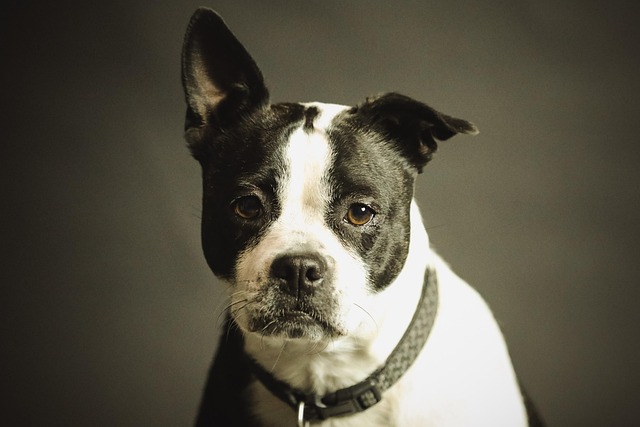
How do i train my dog to be obedient?
Watching your dog dart across the park ignoring your calls isn’t just frustrating—it can put them at risk near busy streets or public spaces.
Dogs thrive on routine, and small breeds—with their quicker metabolisms—need extra consistency. Start by taking your pup out at the same times daily: right after waking up, 15 minutes after meals, and just before bed. Even on lazy weekends, stick to the schedule. A Yorkie or Chihuahua’s bladder and bowels can’t hold it like a larger dog, so skipping a trip might mean finding an accident later.
Watch for subtle signs your dog needs to go. Pacing, sniffing corners, or circling are classic clues. When you spot these, immediately head outside—don’t wait to finish folding laundry. Once outdoors, pick a specific spot and stay there until they go. Bringing a favorite toy can help them relax, making the process faster.
Positive reinforcement works wonders. The second your dog finishes pooping outside, praise them loudly—use excited phrases like “Good job!” or “What a smart pup!” Follow it up with a small treat, something they love but don’t get often. This teaches them that going outside leads to great things, making them more likely to repeat the behavior.
 Accidents will happen, especially with puppies or newly adopted dogs. When you find a mess, resist the urge to scold or punish your dog. They won’t connect the punishment to the earlier act of pooping in the house, and it might make them afraid to go near you when they need to go. Instead, clean the area thoroughly with an enzymatic cleaner to remove all traces of odor—if they smell their previous mess, they’ll think it’s an acceptable spot to go again.
Accidents will happen, especially with puppies or newly adopted dogs. When you find a mess, resist the urge to scold or punish your dog. They won’t connect the punishment to the earlier act of pooping in the house, and it might make them afraid to go near you when they need to go. Instead, clean the area thoroughly with an enzymatic cleaner to remove all traces of odor—if they smell their previous mess, they’ll think it’s an acceptable spot to go again.
Remember, many places have laws about cleaning up after your dog in public spaces. Always carry poop bags and dispose of waste properly. Not only is it respectful to neighbors and the environment, but fines for not cleaning up can be steep in some areas. Plus, establishing good habits outdoors helps reinforce that the house is not the place to go.
Be patient. Small dogs often take a bit longer to house train than larger breeds. It might take weeks or even a few months for consistent results. Rushing the process or getting frustrated will only slow things down. Celebrate small wins, stay consistent with your routine, and soon your dog will learn that outside is the right place to poop.

Watching your dog dart across the park ignoring your calls isn’t just frustrating—it can put them at risk near busy streets or public spaces.

New puppy owners often find themselves rushing to clean up accidents before they set in, and that’s where puppy pad training becomes a game-changer.

If you've noticed your dog's waistline disappearing and your veterinarian has mentioned those few extra pounds, your first instinct might be to simply reduce the amount of food in their bowl.

Training a dog to use a designated spot indoors isn’t as daunting as many new owners fear, but it does take consistency and an understanding of your pet’s needs.

That moment of dread on a walk is all too familiar for many new dog owners. You see another dog approaching down the sidewalk of your neighborhood

If the sight of another dog on your neighborhood walk makes your heart sink as your own dog erupts into a frenzy of barking and lunging, you're not alone.